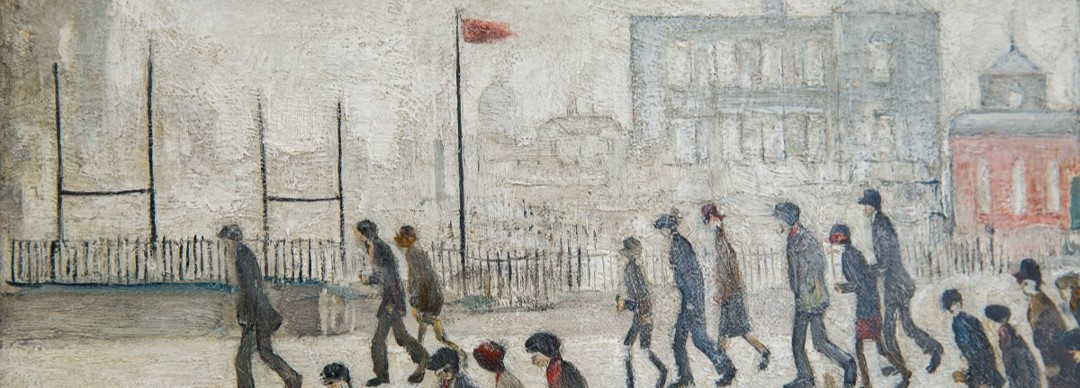The scenes that accompanied Ben Jones-Bishop’s try for Jamaica against New Zealand were among the most joyous of the World Cup so far.
It was a scrappy try that’s for sure, but it was the Reggae Warriors’ first touch-down in their inaugural World Cup campaign, and it came against the top-ranked side in the world.
Jamaica made an entertaining effort of a game that they were always going to lose, and a 68-6 defeat to the 2008 world champions was certainly no disgrace.
 |
| Jamaica celebrate their successful qualifying campaign [Image credit: Rugby League Jamaica] |
It was also fitting that the historic try went to Jones-Bishop, who played such a large part in Jamaica’s qualifying campaign, including scoring a brace of tries in a 38-8 win over Canada.
It would have to be a particularly hard-faced rugby league supporter to
begrudge Jamaica their place at the World Cup.
***
It was easy to predict that in the culminating two weeks of
the group stage, complaints would begin about the number of one-sided fixtures.
As with the earlier griping about low attendances, these
complaints were unnecessarily shrill.
They also betrayed rugby league's characteristic
self-loathing when not just a game, or even a tournament, but an entire sport
is characterised as “a joke” – as though scorelines such as England 6-1 Panama
and New Zealand 71-9 Namibia don't exist in the world cups of soccer and rugby
union.
Yet the criticism is not without justification. Ten of the
24 group fixtures have been decided by a margin of more than 50 points, and
sides have rattled up 70 points or higher on five occasions.
A tournament can absorb one or two lop-sided results.
England's 94-4 defeat of Greece, for example, is inconsequential in isolation –
it happens – and the Greeks' appearance at World Cup is a win in itself.
But set it against the background of Australia 84-0 Scotland
(for me the most disappointing result of the tournament), Fiji 60-4 Italy,
Tonga 92-10 Cook Islands, and the tournament definitely loses credibility.
* * *
Calls to scrap the whole tournament in the future must be
resisted. The question though is how to respond.
Suggestions about reducing the number of participants may
prove necessary (but surely not to four or five teams as some would have it) yet
feel like a step backwards.
The same goes for a restructuring along the lines of
previous World Cups, with top teams seeded apart from lower-ranked ones. This
can create unfair situations such as in 2008 when PNG found themselves in a
“super group” alongside Australia, New Zealand and England from which three
sides proceeded to the semi-finals, while other Tier 2 nations had a viable
route to the remaining semi-final place.
In a similar way in 2013, Tonga were aggrieved to win two
out of three group fixtures and be sent home, while Fiji and France each won
one game from three and progressed to the quarter finals. This wasn’t the
anomaly it seemed – Fiji and France were in higher-ranked groups from which
three sides could progress – but it does have the ring of unfairness and
potentially damages credibility as much as the big scores in our present
format.
The best solution is to improve playing standards across all
nations – but this is far easier said than done, and the next World Cup is only
three years away.
While there is no easy solution, hopefully there will be no
50- or 60-point wins in the knock-out stages, thus restoring some of that missing
credibility.
* * *
In October 1999 North Queensland Cowboys winger Brian Jellick
posted four tries and Bradford stand-off Henry Paul kicked 11 goals as New
Zealand beat Tonga 74-0 in a Test match in Auckland.
Around two decades later Tonga have come closer than any
other nation to upsetting the traditional stranglehold of the big three
international sides, beating New Zealand in the 2017 World Cup (and being
unfortunate not to reach the final), then defeating both Australia and Great
Britain in 2019 Test matches.
Over on the dark side, the All Blacks famously scored 21
tries in hammering Japan 145-17 at the 1995 rugby union World Cup after leading
84-3 at half time. The Rugby League World Cup has never seen a scoreline as
eye-watering as this.
Yet in the 2015 World Cup Japan beat the Sprinkboks, and in
2019 reached as hosts the quarter finals.
It’s vanishingly unlikely that Greece will ever host a World
Cup, or that the Reggae Warriors will ever upset the Kangaroos, but if smaller
nations are not given their chance the game will simply never grow.



Comments
Post a Comment